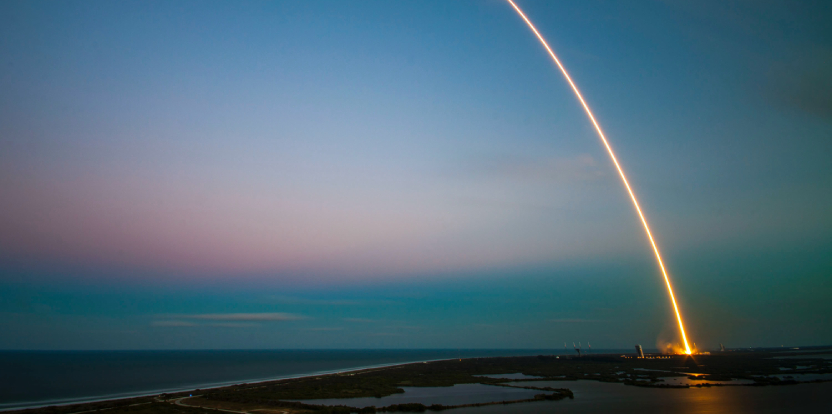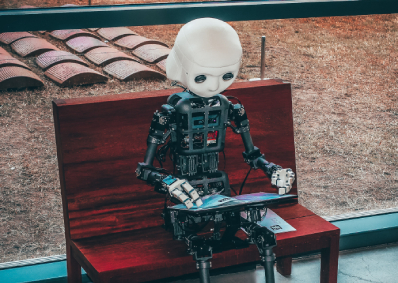For decades, space tourism has been a dream for many individuals. However, until recently, it was reserved only for highly trained astronauts and wealthy individuals. With advancements in technology and increased commercial interest in space travel, the possibility of space tourism becoming a reality for the average person seems more likely than ever before. Several private companies, such as Virgin Galactic and Blue Origin, are working towards making space tourism accessible to the public. Virgin Galactic plans to use its spacecraft, VSS Unity, to take tourists on a suborbital flight, allowing them to experience weightlessness and see the Earth from a unique perspective. Similarly, Blue Origin's New Shepard spacecraft offers a suborbital flight that provides a few minutes of weightlessness. Although these experiences are still expensive for most people at present, they represent progress towards making space tourism more accessible. Furthermore, other companies like SpaceX and Axiom Space are developing orbital flights that could enable tourists to stay in space for an extended period. The rise of space tourism also has implications beyond leisure activities. Increased demand could drive technological advancements and lower costs while leading to the development of space habitats and colonies - potentially allowing some people to live and work in space. In conclusion, while space tourism remains an exclusive luxury today, it is gradually becoming more accessible as technology advances and more companies enter the industry. As these developments continue, it is possible that one day we may all have access to this new realm of travel and exploration.

Written by Sven Hansen






